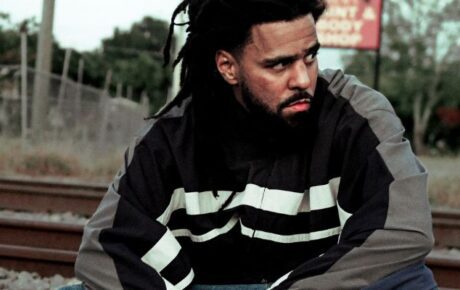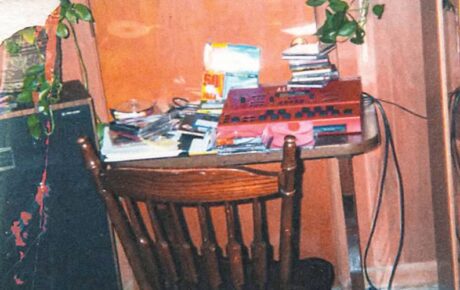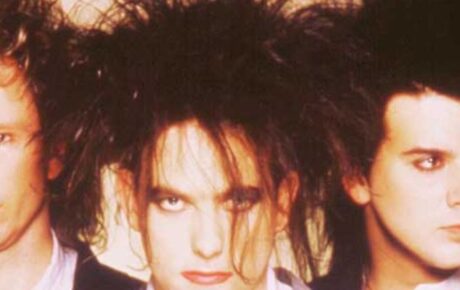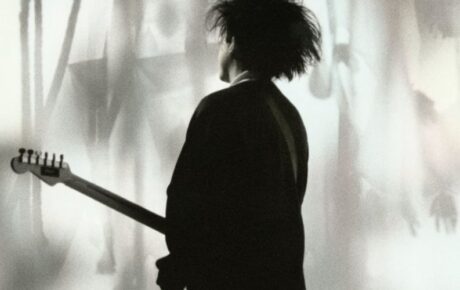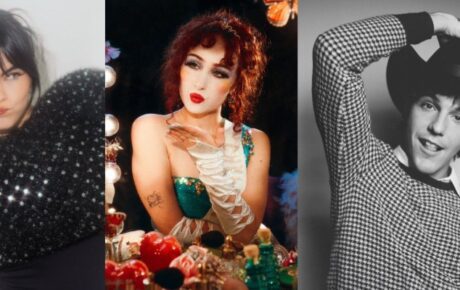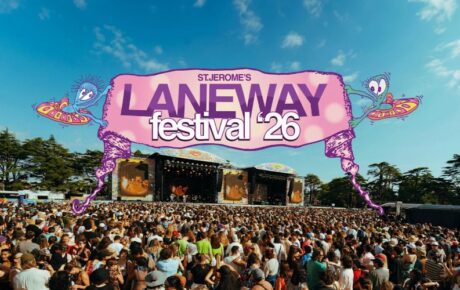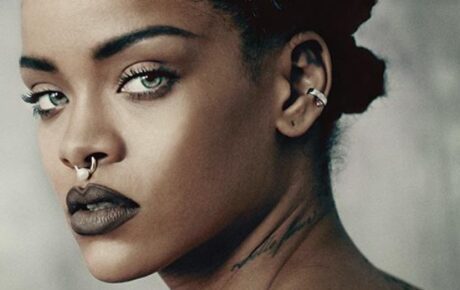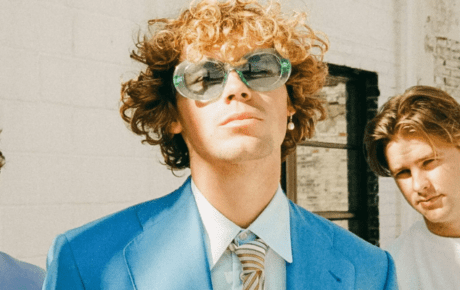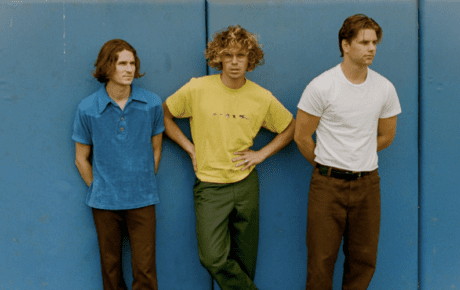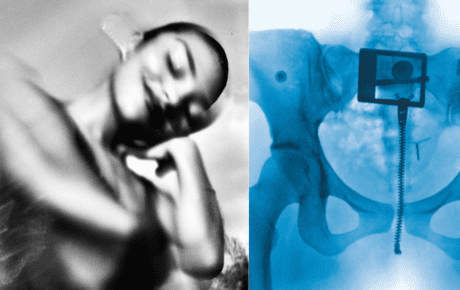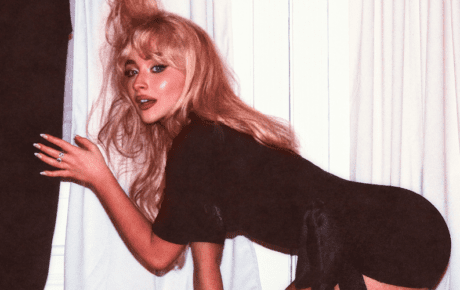Queen’s long career is full of stand out hits and revolutionary moments, many of which charismatic front man Freddie Mercury was responsible for. The influence the English Rockers had still prevails today as the quartet have gone down in music history. Here, we pick out ten highlights in chronological order from one of the greatest bands of our time.
1975: Bohemian Rhapsody
‘Bohemian Rhapsody’ will forever go down in history as the most successful but most unlikely hit ever. The six-minute track features elements of pop, hard rock, and features an operatic section that was years in the making. While the the record label was not convinced on its strength as a single, after getting it onto radio stations it landed at number one on the charts, where it stayed for nine weeks. The track would reappear on charts again, after a resurged following Live Aid, Freddie Mercury’s death, and of course, its feature in Wayne’s World.
1976: Queen Live at Hyde Park
One of the bands most famous performances was in fact a free concert. Queen played to a crowd of 150,000 during the hot Summer of 1976 in London’s Hyde Park. The band played some of their favourites, from ‘Bohemian Rhapsody’ to ‘Killer Queen’. The audio from ‘You Take My Breath Away’ was been officially released on the 2011 reissues of A Day at the Races. The concert was organised by budding young entrepreneur at the time, Sir Richard Branson.
1980: ‘Another One Bites the Dust’
The hit track wasn’t going to be released as a single until Michael Jackson suggested it to Freddie Mercury. The single ended up being their most successful to date in the United States. Bass player John Deacon, the bands bass player wrote this track, resulting in its infectious and funky bass line that was an ode to the club scene.
1981: ‘Under Pressure’
Perhaps one of the most iconic collaborations to go down in music history, ‘Under Pressure’ was their first UK number one since the ‘Bohemian Rhapsody’. The highly creative David Bowie shook things up and pushed Freddie Mercury vocally in the studio, their competitive nature resulting in a unique new track with truly outstanding vocals from Mercury.
1981: Greatest Hits Album
Their first greatest hits album sold over 25 million copies world wide, making it Queen’s most commercially successful album and one of the highest selling albums of all time, spending a combined total of 833 weeks in the UK charts. While the band continued to have a prosperous career with many more hits following this release, they had had a busy career with enough chart toppers to fill an album already. The Greatest Hits features songs all the way back from their first chart feature, ‘Seven Seas of the Rhye’ in 1974 through to their most recent hit, ‘Under Pressure’ with David Bowie. The album is unique in that it didn’t have a universal track list – each territories was based off what songs had been hits in their region.
1982: US Saturday Night Live performance
In 1982, Queen headed back to the states and landed themselves a lengthy special on SNL – a prime time to engage their American audience. The night before though, Mercury lost his singing voice after a heated argument with then-beau Bill Reid. Luckily, Freddie pulled through at the last minute and the band performed US hits ‘Under Pressure’ & ‘Crazy Little Thing Called Love’. Freddie played the latter on the guitar live, despite claiming he ‘couldn’t play guitar for peanuts’. This was also a special performance as it was their last live performance as a band in the United States.
1984: ‘I Want to Break Free’
Queen had no shortage of cutting edge music videos from their career, but their 1984 clip for ‘I Want to Break Free’ stands out as particularly hilarious. All four band members cross dressed as women ranging from a school girl (Roger May) to an old lady (John Deacon) as an ode to Coronation Street. The video was so shocking for the States that the up and coming MTV banned it from their channel.
1985: Live Aid Performance
Their 1985 Live Aid performance went down in history, widely regarded as the best rock performance ever. At a short but sweet twenty minutes, the group utilised the time for a high energy, high quality performance that have them a second wind in their career. Playing classics like ‘Bohemian Rhapsody’, ‘We are the Champions’, and ‘Radio Gaga’, the whole show was being broadcasted internationally out of London’s Wembley Arena to a combined crowd of 1.9 billion. Live Aid was the career resurgence Queen needed, bringing several of their hits back on the charts.
SEE ALSO: Queen’s The Works Album Celebrates 35 Years
1990: Brit Awards
At the 1990 Brit awards, Queen were awarded with the ‘Outstanding Contribution to British Music’ prize. But this wasn’t the only reason that it was a night to remember – little did the world know this would be Freddie Mercury’s last public appearance. It was Brian May that accepted the award that night, which was considered odd by the public. Freddie Mercury appeared looking suave but ultimately very frail. While Brian May gave a charming acceptance speech, all Freddie Mercury said was ‘thank you, good night’ – uncommon for the larger than life front man. Freddie had been fighting Aids for years, and despite rumours circulating in the media for years he denied them all, only confiding in his partner Jim Hutton, his band mates, and a select few others.
2012: Virtual Olympic Performance
Freddie Mercury has gone down in history for his ability to capture the attention of a crowd, as shown at its best in their 1985 Live Aid performance. During the closing ceremony of the 2012 Olympics in London, Freddie Mercury appeared for fans via large screens, where he engaged the audience again for classic chant that took place at their Live Aid show. Queens remaining members were also on the stage playing live, before English singer Jessie J took the stage and performed vocals for the anthem ‘We Will Rock You’.

